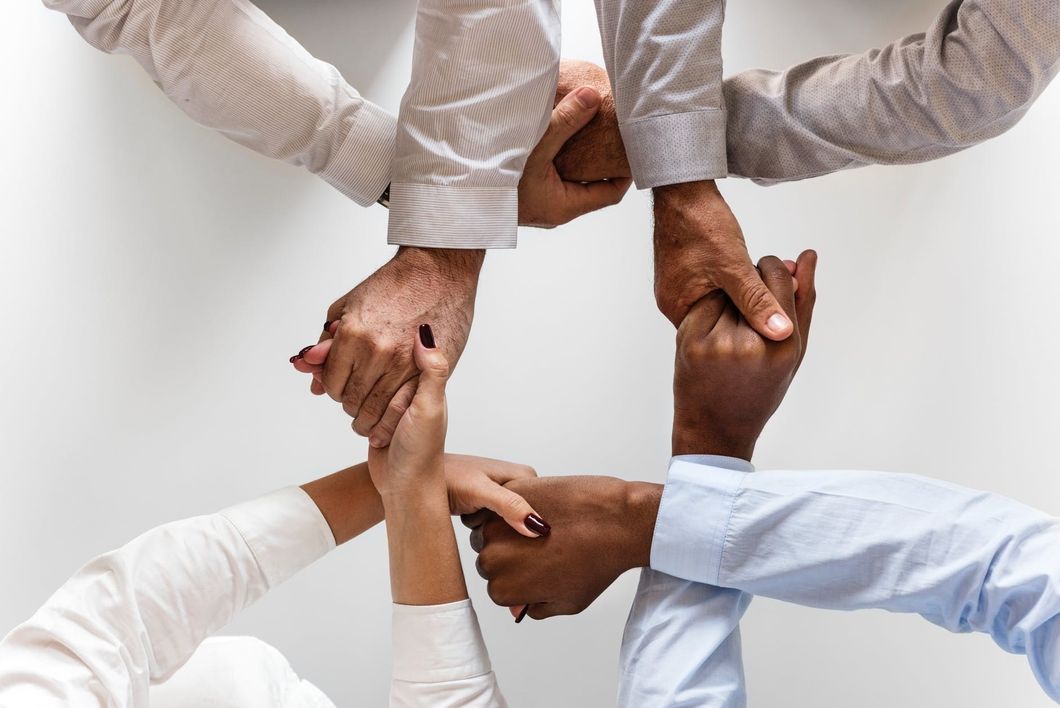If You Can See It, You Can Be It
The importance of diversifying characters and stories that circulate in popular media.
This is a response to The Importance of ‘The Photograph’ Movie.
One of my undergraduate degrees is in television and film. Due to the overlapping timing of the onset of the COVID-19 pandemic and my journey into upper-division classes, I ended up opting mostly for media studies courses.
This alteration to my academic endeavors proved to be one of the most enriching paths I could have explored. While my film major required all students to take at least three media studies courses, I am so glad that I took six.
I’ve always been interested in consuming more diverse stories in all mediums. However, the courses I took gave me the background and language to really think critically about the importance of telling people’s stories from every walk of life.
It may be partially true that our greatest limitation to achieving our dreams lies in our own minds, but our minds create these constructs based on the stories and people around us. For the people who may not have movies and narratives surrounding them with characters who look like them, talk like them, move like them, love like them, etc., it can be hard to shatter those limitations and see themselves living their dreams.
**The following four hypothetical scenarios are going to rely heavily on overused and damaging stereotypes– which have been historically written for and promoted by popular media– to illustrate the harm they can do**
If a little girl only sees films where the character she can closest identify with is always the damsel in distress, she may think she can never stand up for herself.
If a Black child only sees tv shows where the characters that resemble them most are always the criminals or always the victims, they may think they can never be the hero.
If an Indigenous American boy only ever sees movies where people like him are depicted as “savages” and in need of civilizing, he may never think his culture is so very special and worth preserving.
If a middle school girl only ever sees men in the NFL making it big and playing football, she may never know women are just as capable in sports and how powerful her body can be.
I could go on and on with various scenarios, but my point is this. We set limitations on our dreams based on what we see in the world around us.
Finding complex role models in the media surrounding us is so vital to self-discovery and development. Being able to see yourself as the protagonist, antagonist, savior, victim, star-athlete, or love interest is crucial to unlocking parts of ourselves we might not even know exist.
I hope you consider this next time you reach for a story to cozy up with or have a chance to promote the narrative of someone historically not heard.
Every person is so unique and special, and stories will resonate with them in different ways. The world is composed of people from diverse and beautiful backgrounds, so isn’t humanity better off when there’s a story for anyone and a favorite character for everyone?

























